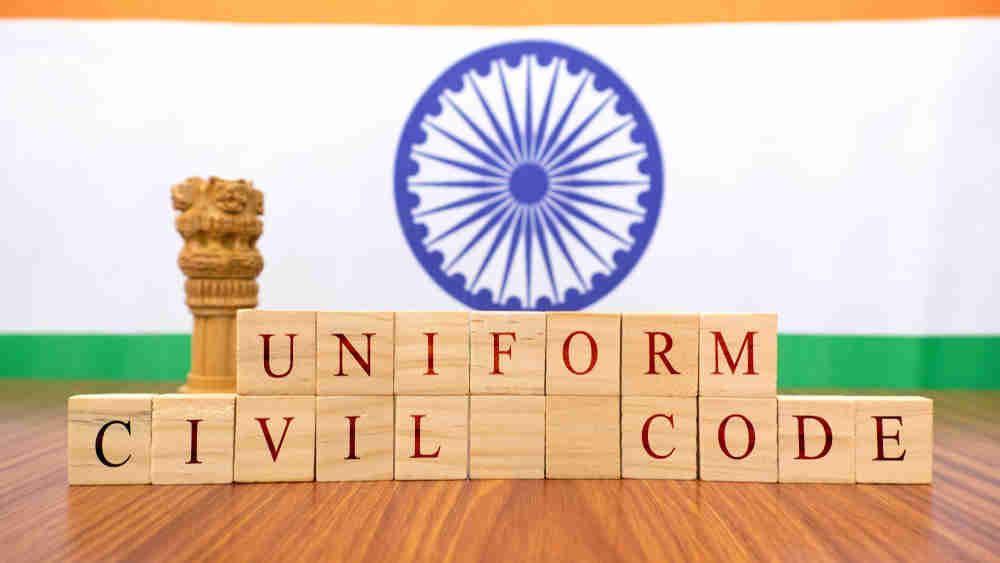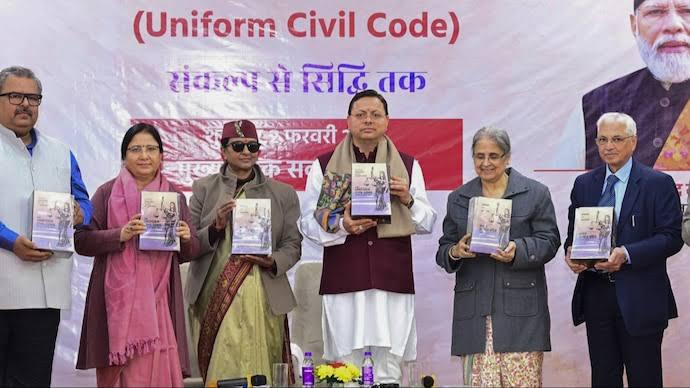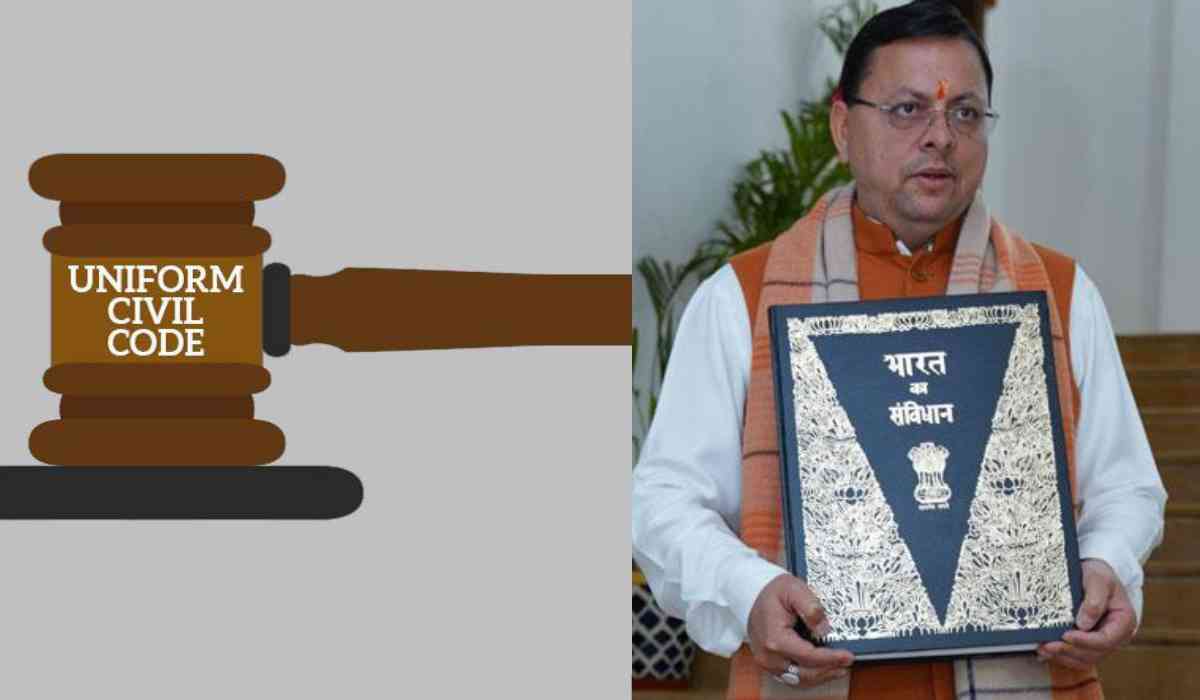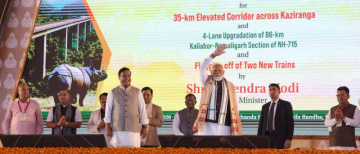On Tuesday, the Uniform Civil Code (UCC) bill was introduced in the Uttarakhand legislative assembly by Chief Minister of Uttarakhand, Pushkar Singh Dhami. UCC proposes uniform laws for marriage, divorce, land, property, and inheritance.
The bill applies to all residents of Uttarakhand, regardless of whether they reside within the state or elsewhere, and regardless of their religion, with the exception of Scheduled Tribes.
However, the opposition expressed discontent, citing inadequate time for studying the bill's provisions and raising concerns about the suspension of the Question Hour for its discussion. Leader Yashpal Arya criticized the government for bypassing a comprehensive debate on the bill, accusing it of violating legislative traditions. However, despite tensions, the opposition was assured of additional time to scrutinize the bill.
Key provisions of the proposed UCC in Uttarakhand
As per the proposed UCC, Mandatory registration of live-in relationships is required. The state government is developing a website to facilitate the registration process.
Live-in partners must submit statements to the Registrar within the jurisdiction they reside, as per section 381(1) in a prescribed format, whether they are residents of Uttarakhand or not, and failure to do so within a specified period could result in imprisonment and fines.

Individuals staying in a live-in relationship for over a month without submitting a statement could face penalties, including up to three months in jail, a fine of Rs 10,000, or both.
Live-in partners could face up to three months in jail, a fine of Rs 25,000, or both if they withhold information or provide false statements. The statements will be sent to the local police, and authorities will inform them if any inaccuracies are discovered.
A woman who has been deserted in a live-in relationship has the right to approach the court and claim maintenance. Parental consent required for individuals below the age of 21. The bill also addresses the rights of children born out of live-in relationships, ensuring their legal recognition and inheritance rights.
However, Certain exceptions exist, cases where the partners are in a prohibited relationship, which encompasses familial connections that legally forbid marriage or sexual relations due to consanguinity or affinity.
Live-in relationships will not be registered in cases that are "against public policy and morality", if one partner is married or in another relationship, if one partner is a minor, and if consent of one partner was obtained by "coercion, fraud, or misrepresentation (with regard to identity)".
To terminate a live-in relationship, either one or both partners must submit a termination statement to the Registrar within the jurisdiction where they reside. The partner initiating the termination should also provide a copy of the statement to their partner.
In preparation for the implementation of the UCC, a State-appointed panel, chaired by a retired Supreme Court judge, has compiled a 749-page document after considering around 2.33 lakh pieces of written feedback and engaging with 60,000 individuals.

The proposals include prohibiting polygamy and child marriage, establishing a uniform marriageable age for girls across all religion, and standardizing the divorce. Additionally, Uttarakhand's UCC aims to outlaw practices like 'halala' and 'iddat,' which are Islamic practices women undergo after divorce or the death of their husband.
Upon enactment, Uttarakhand will be the first state in India to implement the UCC post-Independence, fulfilling a major BJP promise made during the 2022 Assembly polls. Other BJP-ruled states like Gujarat and Assam have expressed interest in adopting it as a model.
Furthermore, the UCC bill reflects a broader national trend, with other BJP-ruled states, such as Assam, expressing intentions to enact similar legislation. However, tribal communities in both Uttarakhand and Assam will be exempt from its provisions, underscoring the complexities of legal reform in diverse sociocultural contexts.
©️ Copyright 2024. All Rights Reserved Powered by Vygr Media























